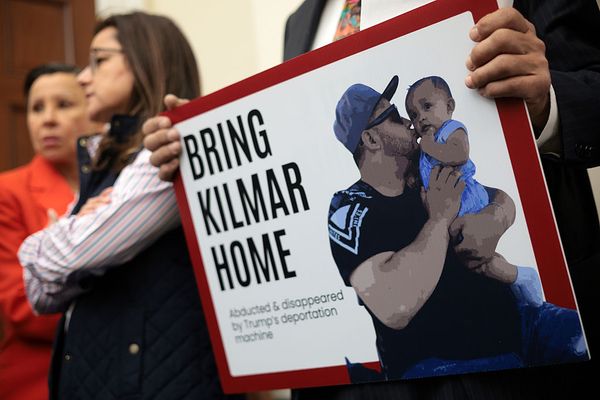
The U.S. Justice Department and the city of Louisville have reached an agreement to reform the city’s police force following an investigation triggered by the fatal police shooting of Breonna Taylor. The consent decree, subject to judicial approval, stems from a federal probe that uncovered a pattern of constitutional rights violations and discrimination against the Black community by the Louisville police.
Mayor Craig Greenberg hailed the agreement as a 'historic consent decree' that will further enhance the ongoing police reform efforts in Louisville. He highlighted the progress made since Taylor's tragic death in March 2020, including the implementation of a city law prohibiting 'no-knock' warrants.
A Justice Department report released in March 2023 revealed that the Louisville police department engages in discriminatory practices against Black individuals, employs excessive force, and executes searches based on invalid warrants. The report also cited violations of the rights of protesters, leading to a loss of public trust in law enforcement.
Assistant Attorney General Kristen Clarke, who heads the Justice Department's Civil Rights Division, emphasized that the police conduct in Louisville has harmed community members and eroded public confidence crucial for public safety. She described the consent decree as a significant step forward for Louisville.



Once finalized, a federal officer will oversee the city's progress in implementing the agreed-upon reforms. This marks the first consent decree reached by the Justice Department under the Biden administration, which has initiated 12 civil rights investigations into law enforcement agencies.
While Louisville moves towards reform through a consent decree, other cities like Memphis have taken a different approach. Despite a federal investigation revealing unwarranted force and racial bias in the Memphis police department, city officials have resisted the need for a consent decree, opting to pursue reforms independently.
As the political landscape evolves, the future of such agreements between cities and the Justice Department remains uncertain. The Trump administration previously limited the use of consent decrees, and the upcoming return of President-elect Donald Trump to the White House is expected to reshape the department's civil rights priorities once again.







